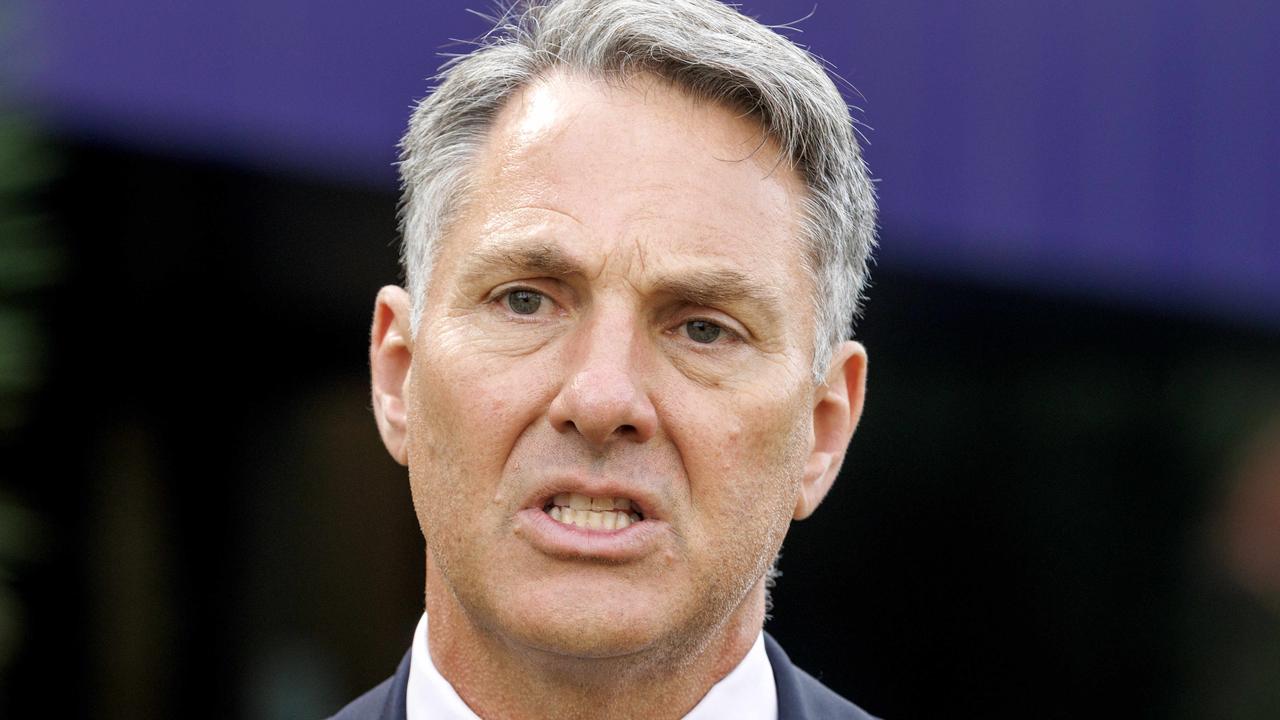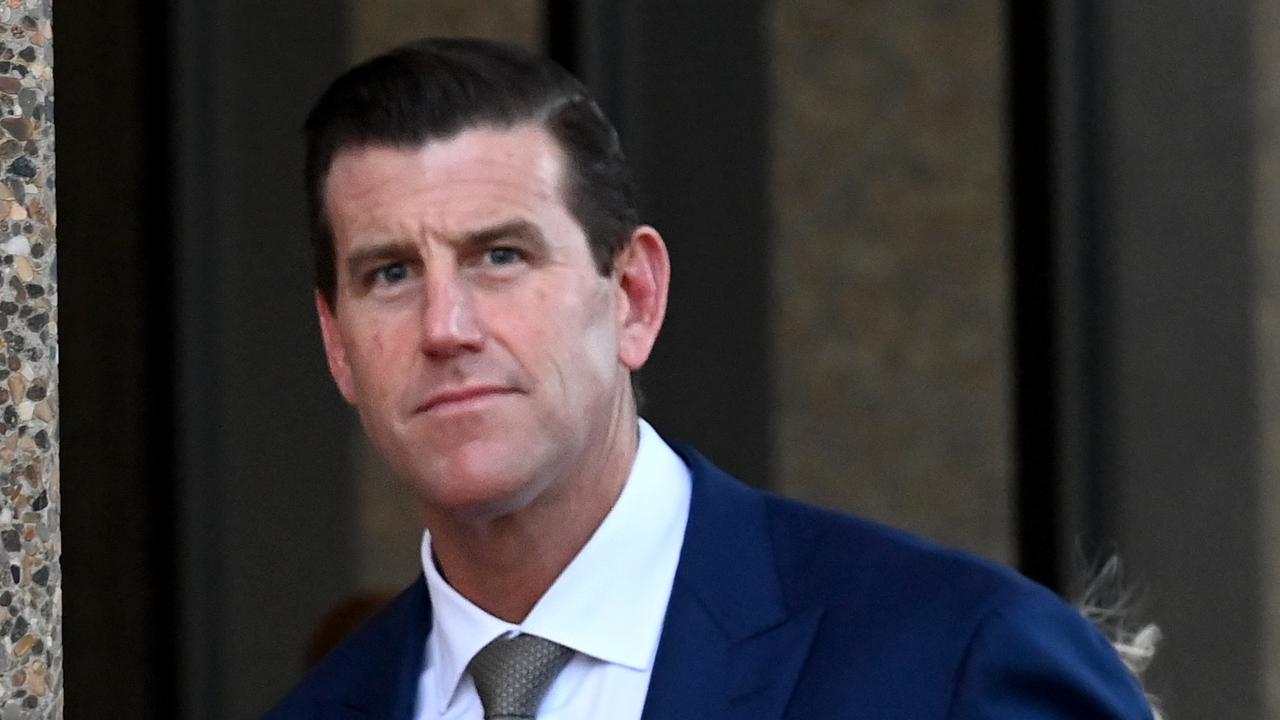Exiled Wagner boss Yevgeny Prigozhin shares alarming new video after failed coup
Russia’s President Vladimir Putin just appointed a new boss for his rebellious mercenary force. But it seems he forgot to tell the old one.
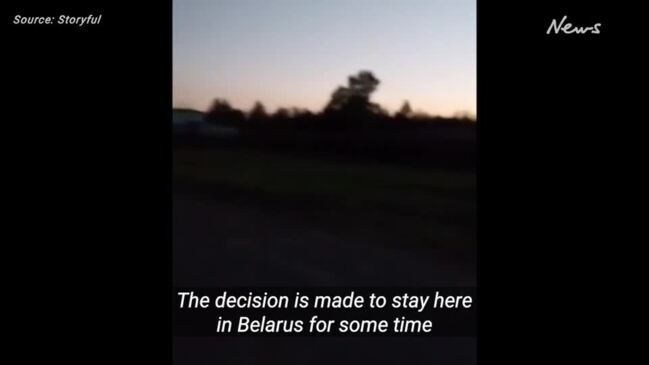
ANALYSIS
Russia’s President Vladimir Putin just appointed a new boss for his rebellious mercenary force. But it seems he forgot to tell the old one.
Failed revolutionary Yevgeny Prigozhin – the commander-in-chief of the Wagner Group – resurfaced last night after several weeks of enforced silence.
He’s posted a video to reassure his guns-for-hire that he is back, he is in control – and he has a plan.
“We fought honourably. You have done a great deal for Russia. What is happening at the front [in eastern Ukraine] is an embarrassment in which we do not need to participate,” he declares.
Instead, Prigozhin says, he wants Wagner to return to the murky corporate battlefields of Africa’s resource-rich but government-poor nations.
His convict conscripts have a better chance against the inadequately equipped local rebels there. And the pay’s better, too.
“And maybe we will return to the [Ukraine] war at the moment when we are sure that we will not be forced to embarrass ourselves and our experience,” Prigozhin adds.
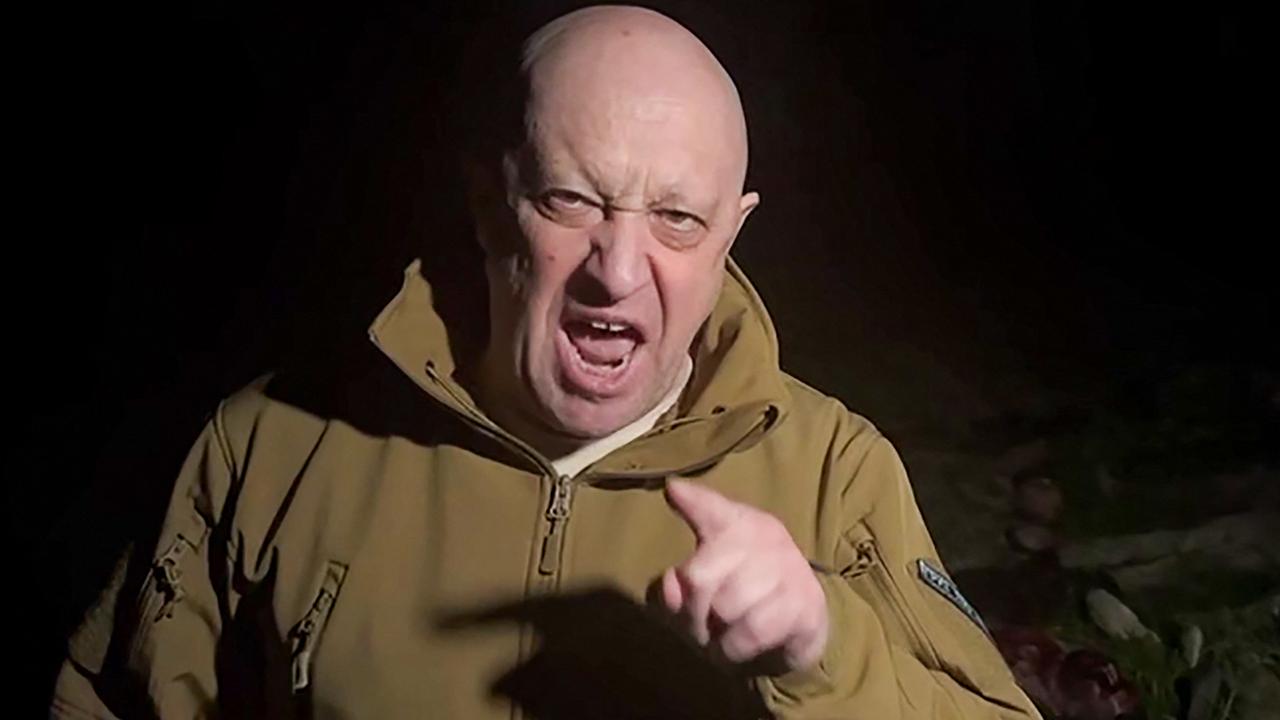
It’s just the latest act in a drama Moscow is desperate to dismiss as a mere “spat”.
But the head of Britain’s MI6 spy agency says it’s much bigger than that.
“Prigozhin was his creature, utterly created by Putin, and yet he turned on him,” Richard Moore said during a public event yesterday.
“He really didn’t fight back against Prigozhin. He cut a deal to save his skin using the good offices of the leader of Belarus.”
UK Foreign Secretary James Cleverly agrees.
“What we’re seeing is that the first, very visible cracks that are appearing on either side were not in Ukraine, were not in NATO, were not in the EU, were not in the UK-US relationship or any of that. The first cracks that we saw were in the Russian system,” he told reporters at the Aspen Security Forum.
But Prigozhin’s mention of Africa has revived fears for the strife-torn region.
“Wagner is likely to continue to bring misery to the African continent in multiple forms,” says international relations analyst Professor John Clark.
“No outsiders are likely to stop it. Its presence will continue also because individual African actors, state and non-state, benefit from its presence.”
It’s a menacing presence Wagner intends to capitalise upon.
“This is not the end. This is just the beginning of the biggest work in the world that will be carried out very soon,” a commander named Dmitry Utkin states during the video.
“And welcome to hell.”
Rogue general
Exactly what happened after Prigozhin abandoned his June 24 “March of Justice” drive on Moscow is unknown.
He clearly failed to spark the popular uprising he had hoped for.
And a desperate Putin ordered his security forces to arrest him and his troops on treason charges.
Then, out of nowhere, came Belarus leader Alexander Lukashenko.
He gave Prigozhin and his Wagner insurrectionists a safe haven. He gave Putin a means of downplaying the significance of the rebellion.
What all this involves remains to be seen.
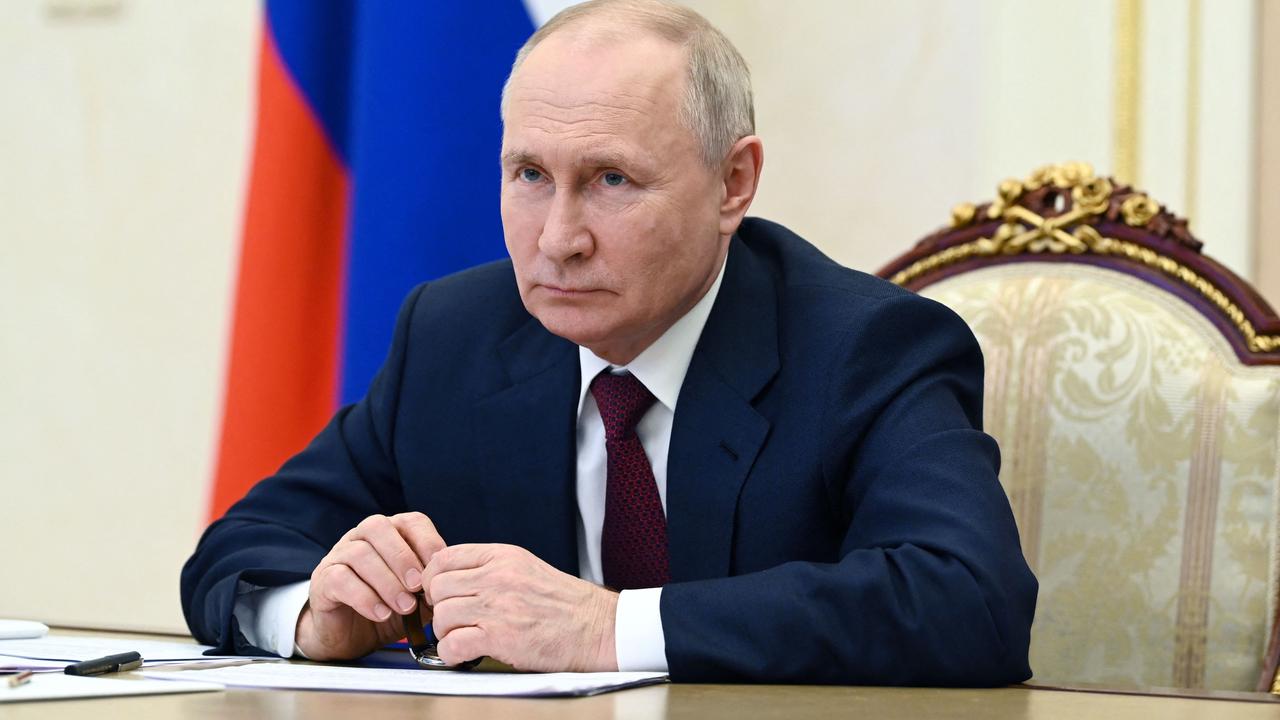
Whatever the case, Putin ordered the treason charges to be dropped. He also met with Prigozhin and a cadre of Wagner commanders before publicly declaring he had installed a new chief for the mercenary force – former artillery commander Andrey Nikolaevich Troshev.
But Prigozhin still thinks he’s in charge.
“Welcome, lads … Welcome to Belarusian soil,” he declares on the grainy footage released via the social media service Telegram overnight.
It was shot in the dark. The location is unknown. And the appearance of Prigozhin and his companions is difficult to discern.
But the rebel leader was seen to be given a distinctive Wagner black flag emblazoned with the motto “Blood, honour, Motherland, Courage”. About 2500 of his mercenaries are believed to be converging on the Belarus town of Tsel in the Mogilev district to be housed at a military camp there.
Belarus had taken in Wagner, he states, “not only as heroes, but also as brothers”.
“A decision has been made that we would spend some time here in Belarus. During that time, we will make the Belarusian army the second-strongest army in the world,” he states, mocking a recent comment by US Secretary of State Antony Blinken that Putin’s army is now the second strongest in Ukraine.
“We will train, raise our level and set off for a new journey to Africa.”
African offensive
Prigozhin’s desire to redirect his mercenaries’ efforts to Africa is not entirely unexpected.
It has been operating there for some years.
“Overall, Wagner has done nearly nothing to make life better for Africans,” Prof Clark says.
“Its activities have served to entrench dictators and undermine democracies; to extend and deepen civil conflicts; to murder innocent civilians; to exploit natural resources for Russia’s gain; and to vilify the only alternative that Africans have to China for investment.”
It is, after all, a mercenary force.
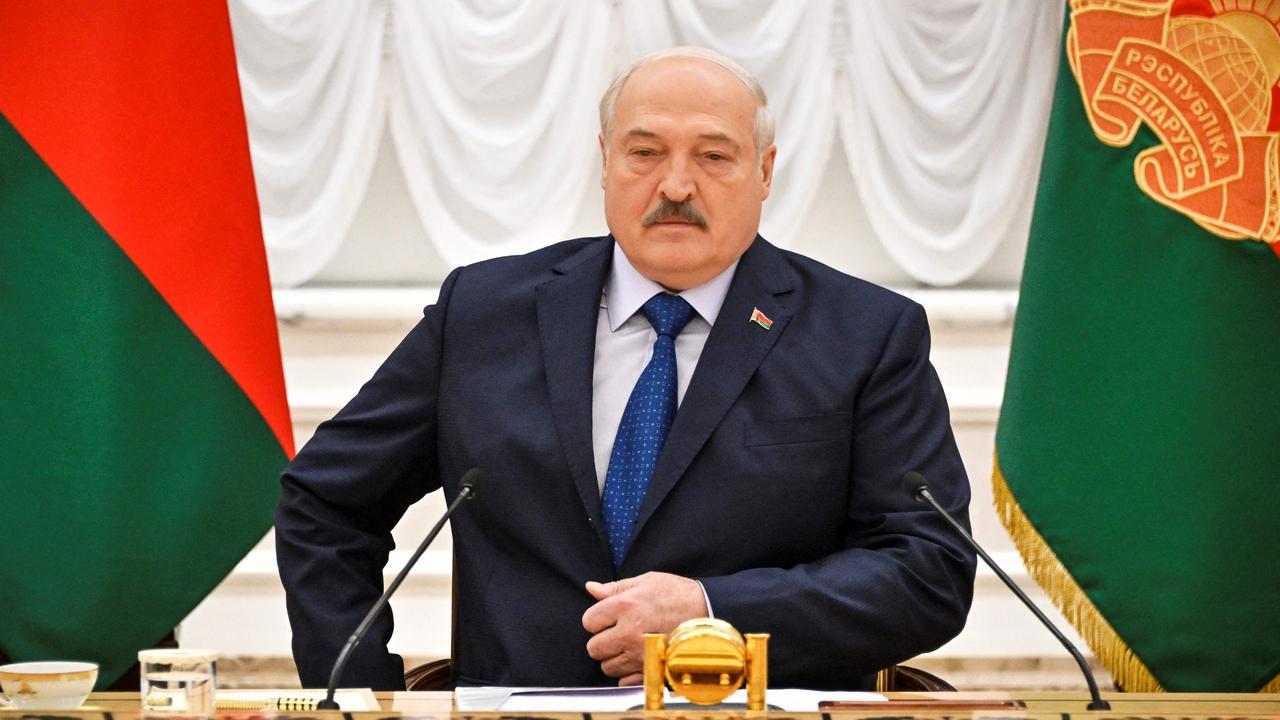
“The Wagner Group got involved in Africa for its own reasons, [such as] private money making,” says Council on Foreign Relations (CFR) analyst Thomas Graham.
“But more recently, the Kremlin has found this a useful adjunct to what it’s trying to do diplomatically.”
Such a mutually beneficial mission may be what Prigozhin is counting on.
Wagner’s mercenaries have been operational in Syria, Lybia and several other African countries since it was formed as Putin’s “plausibly deniable” private army in 2014.
Most recently, it’s been identified in the Sahel region of Africa – a band running east to west along the southern edge of the Sahara Desert.
US intelligence suggests the guns-for-hire are working with Chadian rebels to overthrow the country’s transitional president. And some international affairs analysts believe negotiations are underway with Burkina Faso to quell unrest after France evacuated the country earlier this year.
But Wagner’s presence is a two-edged sword.
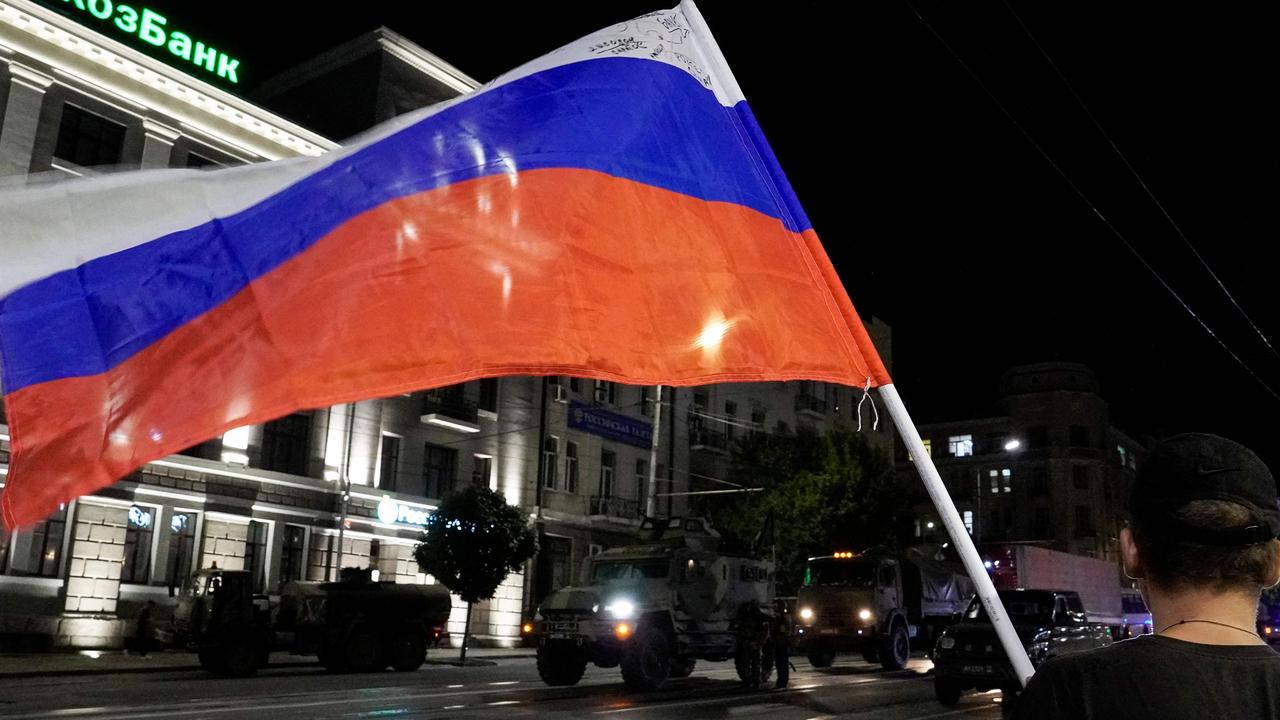
“Aside from the government payments it receives, Wagner has negotiated agreements for exclusive access to gold, diamonds and uranium resources in several places it operates in. These include the CAR, Mali and Sudan,” Prof Clark says.
In just one example, it’s taken control of the Ndassima gold mine in the Central African Republic as a down payment on its support for the governing regime there.
And Wagner’s performance in Africa has inspired Beijing.
“China has been deploying its own private security companies on the continent, mainly to secure access to minerals,” he adds.
“These organisations are not yet directly involved in politics, like Wagner, but their presence serves to legitimise further the use of private security companies.”
Jamie Seidel is a freelance writer | @JamieSeidel





